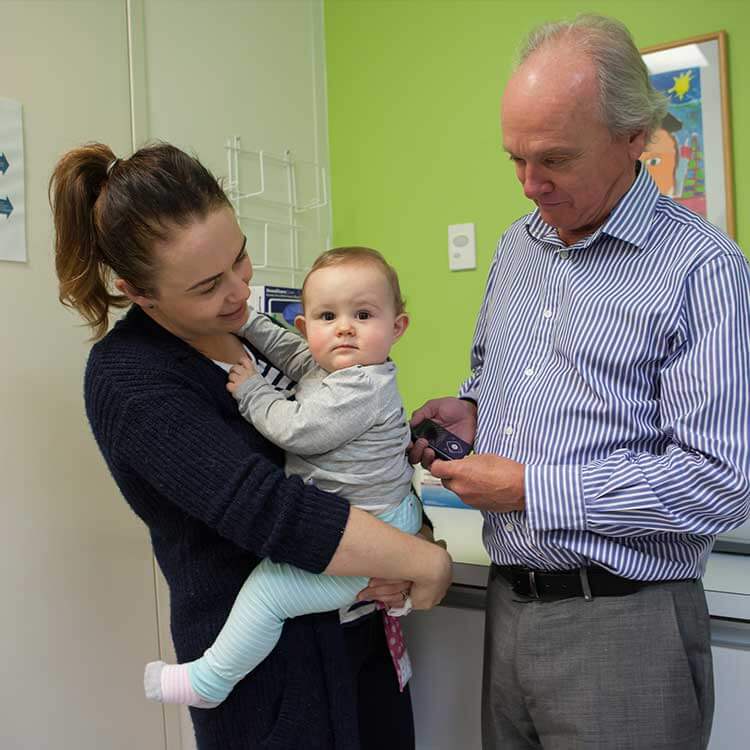Search
Research
Variation in nutrition education practices in SWEET pediatric diabetes centers-an international comparisonNutrition education is central to pediatric type 1 diabetes management. Dietary management guidelines for type 1 diabetes are evidence based, but implementation may be challenging and inconsistent. We describe variation in the practice of nutrition education across pediatric diabetes centers globally and explore associations with A1c and BMI.

The Children's Diabetes Centre's research into Type 1 diabetes, childhood onset Type 2 diabetes and obesity aims to improve the lives of children and adolescents affected by these conditions.
Research
Exercising Safely with Type 1 Diabetes – Development of Clinical GuidelinesOur research focuses on what are the best ways for patients with Type 1 Diabetes to exercise safely. We aim to develop clinical guidelines that provide improved advice for patients and educate patients on how to prevent hypos during and after exercise.
Research
Use of Hybrid Closed Loop therapy in hypoglycaemia awarenessThis study will tell us if the use of a hybrid closed loop system can improve awareness of hypoglycaemia.
Research
Longitudinal Type 1 and 2 Diabetes Plasma and Serum RepositoryThe Serum & Plasma bank was established to provide a store of samples from subjects with diabetes as well as their families.
Research
Australian Childhood Diabetes DNA RepositoryCollecting DNA samples from Australian families affected by diabetes.
Research
Diabetes Translational ResearchThe year 2013 saw the progress in our research from purely lab-based studies towards taking a step closer to translational research.
Research
TrialNet: Pathway to PreventionThis study is helping us to learn how type 1 diabetes develop and ways to delay and prevent it.
Research
Investigating mortality rates and the incidence and risk factors of diabetes complications and co-morbidities during early adult life in a population based childhood onset diabetes cohortUsing the WA Data Linkage System to provide information of the incidence and relative risk of T1D co-morbidities and mortality during early adulthood.
Research
A randomised trial of a trauma-informed well-being program to promote mental health in adolescents with type 1 diabetes: Study protocolChildren and young people with type 1 diabetes (T1D) experience high rates of mental ill health and stress due to the emotional and cognitive energy required to manage their condition. Our team has codesigned Wellbeing T1D, a brief trauma-informed online intervention for adolescents living with T1D. This 5-week intervention will teach skills to promote problem solving, improve emotional regulation and promote helpful thinking and coping.
